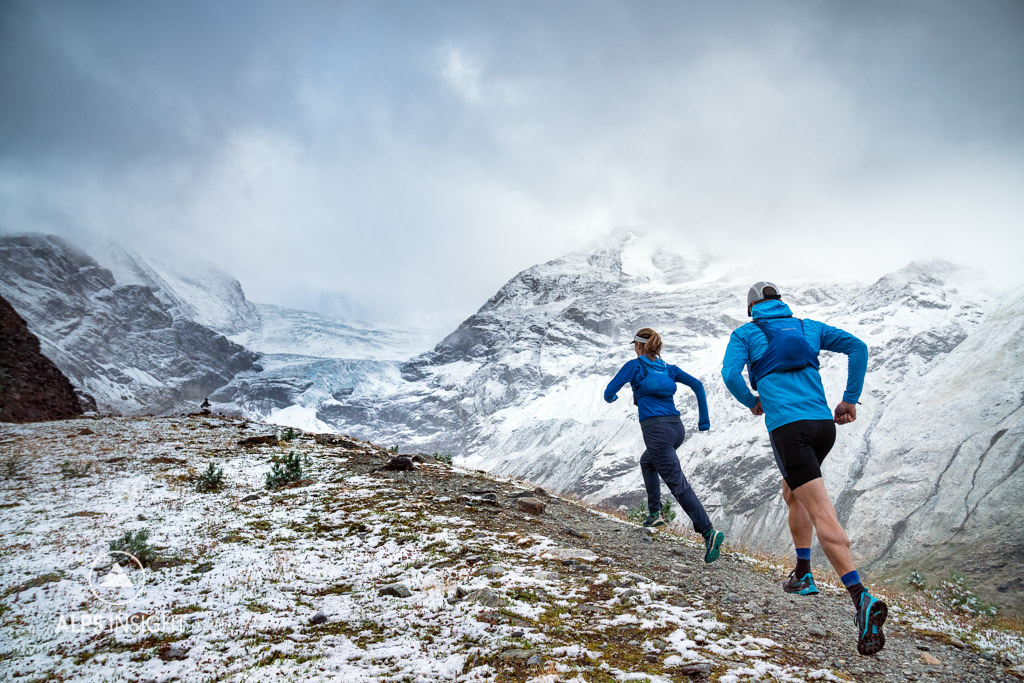Skiing is a demanding sport that requires a combination of precision, discipline, and adaptability. Whether navigating groomed slopes or more technical terrains, mastering fundamental skills is essential for building confidence and ensuring both safety and enjoyment in diverse conditions.
Balance and Stance
A strong foundation in balance and stance is critical for effective skiing. Maintaining an athletic position—with knees slightly bent, weight centered, and movements kept fluid—provides the stability required to manage varying snow conditions. This skill enables smooth transitions between turns, rapid adjustments to posture, and better handling of challenges such as icy patches or deep powder. Developing balance is key to building trust in one’s abilities and is the cornerstone of confident skiing.
Turning Techniques
Turning is central to skiing, allowing control over both speed and direction. Skiers with refined carving techniques, precise edge control, and smooth turn transitions can confidently maneuver everything from gentle slopes to steep descents. Effective turning not only improves performance but also minimizes fatigue, extending the duration and enjoyment of skiing sessions. Mikaela Shiffrin, a two-time Olympic gold medalist, serves as a prime example of technical mastery in turning, with her precise weight shifts and adaptability on the slopes, setting a benchmark for excellence.
Speed Management
Effective speed control is a critical skill for maintaining stability and safety on the slopes, ensuring an enjoyable and secure skiing experience. Techniques such as parallel turns, side-slipping, and advanced edge control allow skiers to confidently manage their pace, even on steep or icy runs. By mastering speed regulation, skiers can push their limits while maintaining control, enabling them to tackle more challenging terrain with greater efficiency, confidence, and precision, ultimately making the sport more rewarding and fun.
Terrain Awareness
Adapting to changing mountain conditions is a vital skill for skiers of all levels. From fresh powder to compacted snow, understanding variations in terrain, slope angles, and weather patterns is essential for minimizing risks and enhancing performance. Familiarity with the mountain environment allows skiers to make informed decisions, ensuring smooth descents and safer navigation through unexpected obstacles, icy patches, or steep slopes. Additionally, mastering adaptability helps skiers improve their technique, build confidence, and embrace the unpredictable nature of mountain skiing with greater ease and enjoyment.
Recovery Techniques
Even the most experienced skiers encounter falls or challenging situations. Proficiency in recovery techniques—including regaining balance, executing controlled stops, and maneuvering out of difficult terrain—is essential for handling unforeseen circumstances. Strong recovery skills give skiers the confidence to explore new slopes, knowing they can manage setbacks effectively. These abilities are cultivated through consistent practice and a thorough understanding of equipment.
Skillful skiing goes beyond physical strength, encompassing mastery of balance, turning, speed management, terrain awareness, and recovery techniques. Adam McManus Toronto, a university student exemplifies how dedication to skill development can lead to outstanding performance on the slopes. Beyond his academic endeavors, Adam McManus Toronto maintains an active and adventurous lifestyle. In the winter months, he dedicates time to skiing, enjoying both the challenge of the slopes and the unique appeal of fresh snowfall. By focusing on these fundamental areas, skiers can achieve a balance of safety, confidence, and adventure, transforming every mountain run into a rewarding experience.











